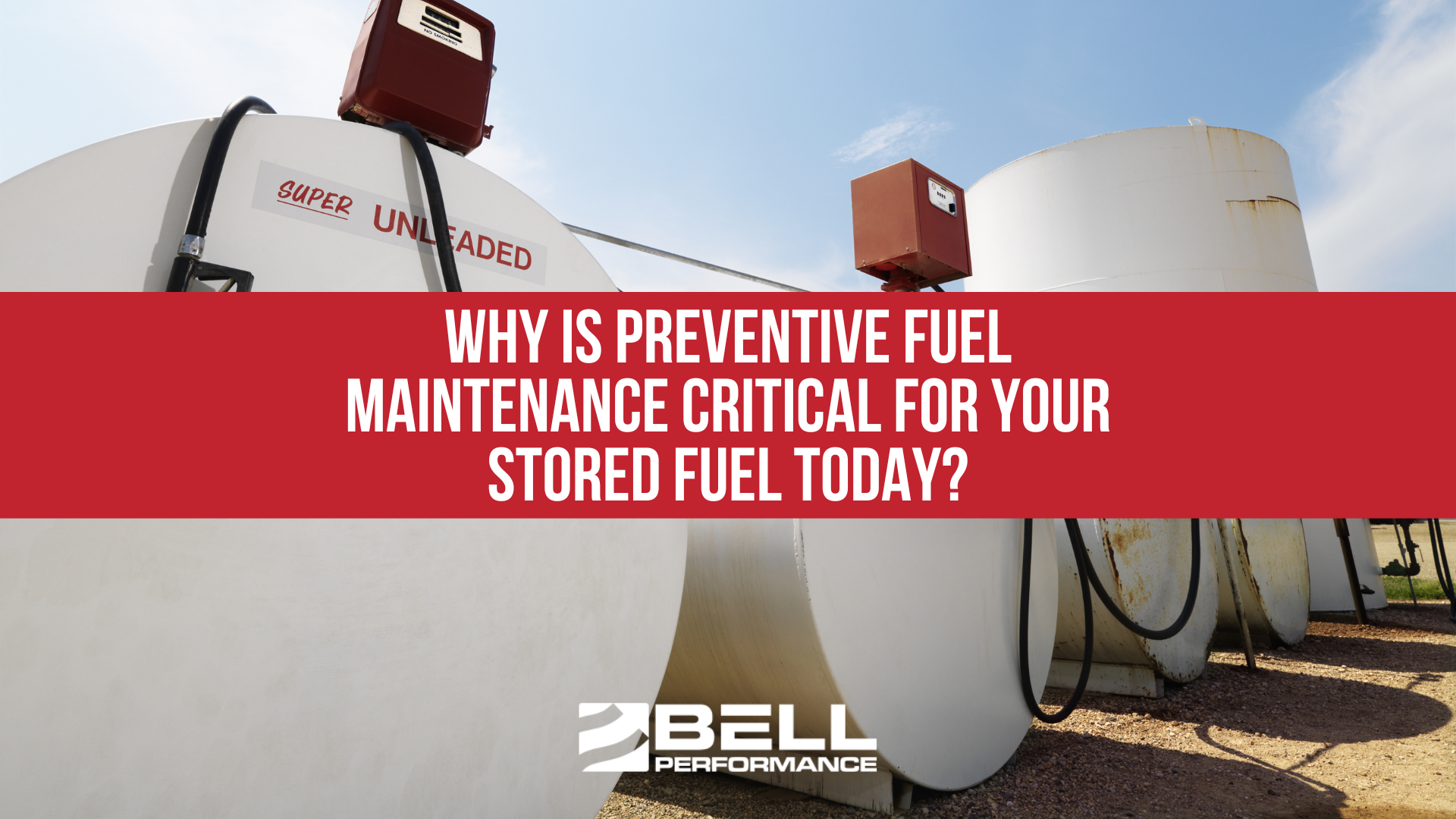NFPA 110 Generator Fuel Testing
In September 2017, a Florida nursing home lost air conditioning after Hurricane Irma knocked out power. The backup generator failed—not because of...

You are concerned your fuel has degraded and doesn't meet its essential standards. You need to know what to do next. This is where talking with an expert can be a real help. Even if a problem is identified through the right testing (and interpretation), only part of the job is done. The challenge is to know what to do next (or even if there's anything else needing to be done).
![]() To quote an oft-overused axiom, to a man with a hammer, everything is a nail. When it comes to stored fuel, that doesn’t mean we go looking for problems to solve. Sometimes the best approach may mean doing nothing at all if there’s no problem in the first place. Ignoring or missing a problem until it becomes a serious issue can be expensive. But so is taking action when you don’t have to. Throwing money away on a solution that wasn’t needed. Or even the wrong solution that doesn’t really solve the problem at hand.
To quote an oft-overused axiom, to a man with a hammer, everything is a nail. When it comes to stored fuel, that doesn’t mean we go looking for problems to solve. Sometimes the best approach may mean doing nothing at all if there’s no problem in the first place. Ignoring or missing a problem until it becomes a serious issue can be expensive. But so is taking action when you don’t have to. Throwing money away on a solution that wasn’t needed. Or even the wrong solution that doesn’t really solve the problem at hand.
This is why condition monitoring and testing for your fuel is so important. Condition monitoring and testing place the focus squarely on keeping stored fuel in its best condition by accurately assessing what that condition is. This can help guide you to the decision that’s right for you. These elements provide you with the benefit of a clearly defined problem with no wasted time and no wasted money. Just properly cared-for stored fuel.
Testing sometimes raises another important question - what if there really is a problem that needs solving?
This action might include mechanical cleaning or fuel filtration, water and sludge removal, and biocide treatment to kill problem microbes. Chemical treatments involving fuel stabilizers and corrosion inhibitors may be recommended to protect the fuel’s specifications for the future. It's most common for the best practices of fuel care to necessarily involve both of these elements - mechanical actions on the fuel plus chemical treatment. And since you've already done testing to diagnose the issue, all three of these together mean you've backed your way into the Hybrid Approach for fuel care.
There are few things worse than going through the time and expense of fixing a problem, only to find out you wasted precious time and money without fully addressing the issue. Making the right decision on what’s wrong with the fuel (if anything) and what to do about it are only part of the picture. You also need to utilize the right testing and diagnostics not only before problem-solving, but after, to confirm that the fuel’s properties have been corrected and the problem has been solved.
In September 2017, a Florida nursing home lost air conditioning after Hurricane Irma knocked out power. The backup generator failed—not because of...
Fuel storage and maintenance is always a topic of high importance, especially for industries relying heavily on fuel-based operations. A recent...

The concept of preventive maintenance isn't new—we see it everywhere in our daily lives. You change your car's oil before it breaks down. You...